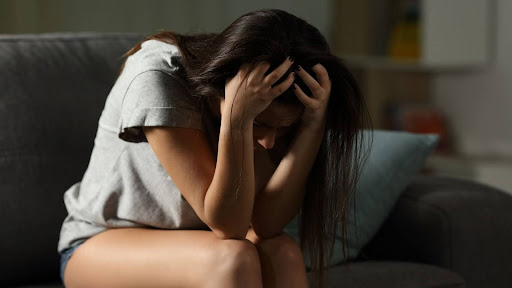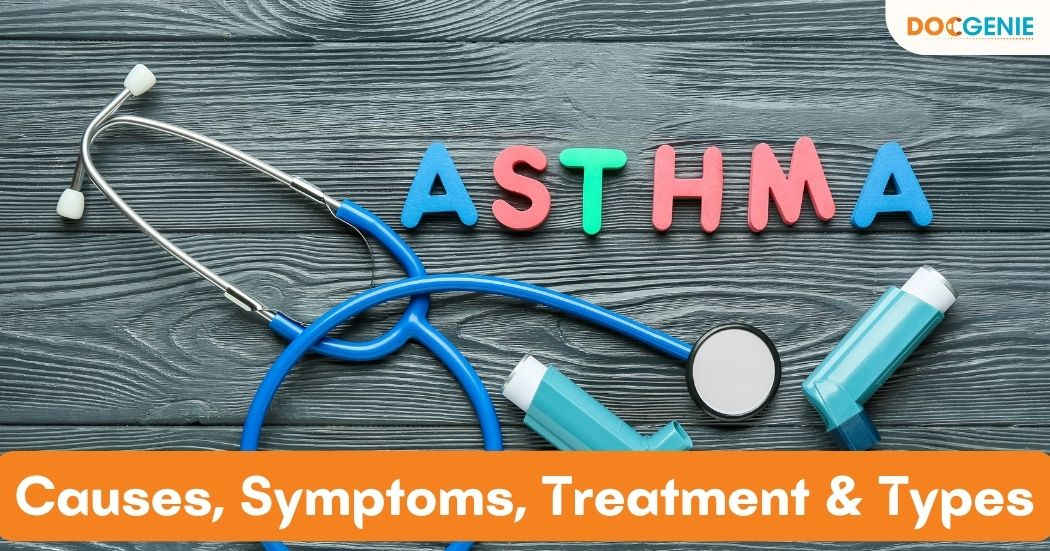Monkeypox - What is it and How to Prevent It
5 min read
By DocGenie , Published on - 06 August 2022
The latest public menace doing the rounds in the disease world lately is Monkeypox. Since so little is known about it and it has caught us all off-guard (Covid flashbacks, anyone?), there’s no surprise that a fair amount of anxiety comes along with it.
The anxiety related to Monkeypox is justified - it’s a strange disease with familiar symptoms that aren’t too different from the common flu; so the first level of anxiety comes from trying to understand whether we actually have it or not. The other anxiety-inducing reason behind Monkeypox is the fact that - much like Covid and the flu - this disease is also quite contagious and spread rapidly. In fact, in the latest news reports, the US has declared Monkeypox a national health emergency and the WHO has classified the outbreak as a “public health emergency of international concern.”
But panic does not lead to any lasting solutions. With any contagious disease, much as with any scenario that requires urgent attention and care, one of the best ways to approach it is to understand as much as we can about it and to be prepared.
What is Monkeypox and How its Spread ?
Caused by the virus of the same name and related to the Smallpox family, Monkeypox is a viral disease and has mostly been confined to regions of Central and West Africa up until now. However, earlier this year in May 2022, medical professionals began noticing and reporting cases of Monkeypox outside of Africa as well.
Monkeypox is a zoonotic virus, i.e. it is first seen in animals and then spreads to human beings, for instance primates and rodents. However, once the virus jumps species - animals to human beings - it transmits to other members quite quickly. And much like the Coronavirus, this particular virus also spreads among human beings through close contact among individuals.
The Monkeypox virus is transmitted among people in the following ways:
- Respiratory droplets that people breathe in
- Skin to skin contact with someone who has the Monkeypox rash
- Contact with an infected person’s body fluids, such as semen or blood
- Contact with the objects belonging to an infected person, however this particular form of spread can be rare
Monkeypox can also enter your body through any cuts and lesions on your body that you may not be aware of.
This disease comes with a whole host of symptoms making it necessary to get tested to fully ascertain whether someone has contracted the virus.
Some of these symptoms can include:
Symptoms of Monkeypox
- A painful rash that erupts around your genital areas
- Pimple-like bumps that appear around the body which may or may not be filled with pus
- A cluster of bumps in a particular area at different stages of development, i.e. some may be starting, others may be bigger, and still others may be drying up or dying out
- Fever, although this varies from person to person. Some people may not get fever at all.
- Unexplained fatigue and headaches
- Chills
- Sore throat or a dry cough
- Backaches
- In serious cases, people may even develop respiratory issues and experience trouble with breathing
- Swollen lymph nodes
What to Do if You Get Monkeypox ?
Recovery from Monkeypox can be a long drawn out process, taking anywhere between 2 to 4 weeks, depending on the seriousness of the condition. Generally, people are contagious for about 21 days from the appearance of their first symptoms or until the skin scabs and other accompanying symptoms have completely disappeared. Therefore, a fair amount of care and precaution is required if you suspect or have been diagnosed with Monkeypox.
- Quarantine Yourself
If you suspect exposure to Monkeypox, immediately quarantine yourself and connect with your doctor. You will need to monitor your symptoms very closely for 21 days and observe your body temperature twice a day.
If you see a strange rash break out on your skin along with fever or chills, isolate yourself immediately and contact your doctor. Or check into a health facility as fast as possible.
Do not risk contact or maintain close contact with anyone else, unless you are certain that they have also been infected.
- Wear Masks
While the risk of transmission through air droplets is low, wearing a surgical mask with a suspected or diagnosed infection is still advisable.
- Keep Pets Away
While we don’t have clear reports on whether house pets such as dogs and cats can spread the virus or be infected by it, the proper course of action is to assume that all animals can receive and transmit the virus, owing to its zoonotic nature.
Hence, if you or someone you know has been infected with Monkeypox, the proper course of action would be to stay away from your pets until you’re fully recovered.
Either have them move to a safe facility or ask friends or family members to take care of them until you’re out of the danger zone.
People who are pregnant or breastfeeding must take extra care to avoid exposure to Monkeypox because they may be at a higher risk of developing a serious illness if they contract the virus.
While there’s still very limited information available about how Monkeypox is transmitted during a pregnancy, experts believe it could be transferred to the child through the mother’s placenta.
Monkeypox and Pregnancy
If pregnant and with a confirmed infection, your doctor will need to monitor you and your baby quite closely until birth. Please speak to your doctor about the right course of treatment and precautions for you.
Treatment for Monkeypox
Currently, no specific treatment has been prescribed for Monkeypox. At this time, doctors generally tend to prescribe bed rest, isolation, fluids, and some over-the-counter medication to help patients feel more comfortable.
A possibility exists for doctors to turn to antivirals or even the smallpox vaccine, since studies show that the latter could be 85% effective at preventing Monkeypox.
Overall, prevention and exercising reasonable caution are the best ways to stay safe from the Monkeypox outbreak. If you or your family members need a special consultation regarding this disease or related issues, visit www.docgenie.in to schedule an appointment.
Author Details

Dr.Rachna Kucheria
MD (Community Medicine) AIIMS New Delhi
MD (Family Medicine) USC California
Obesity Medicine Certification The American Board of Obesity Medicine
30+ Years of experience


